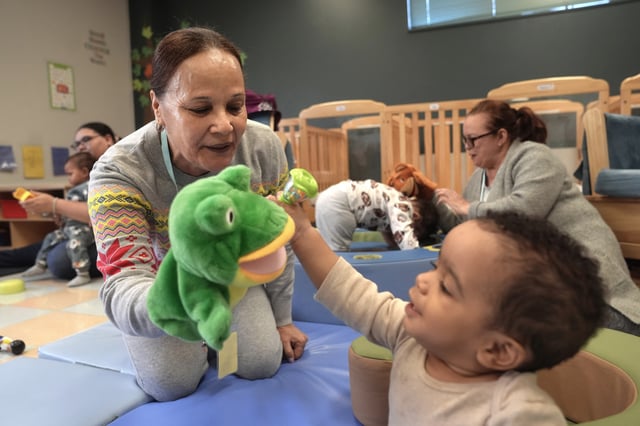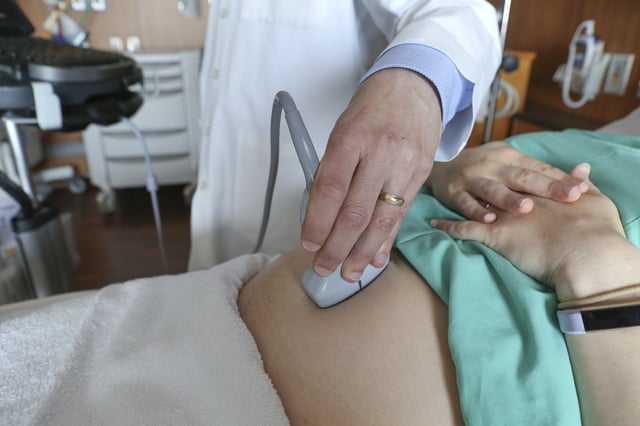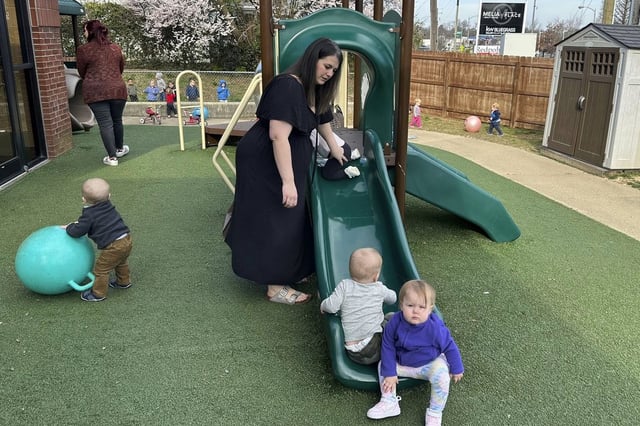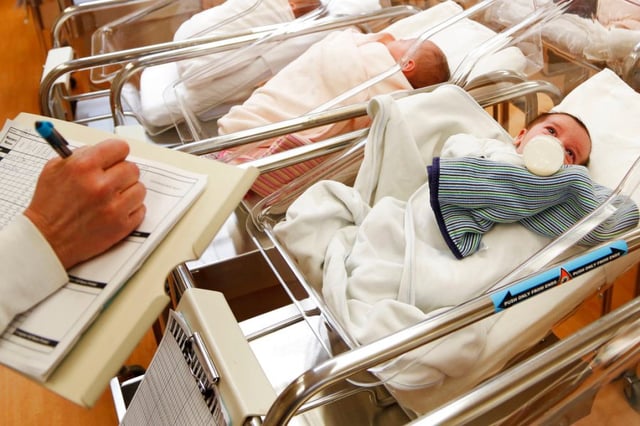Overview
- A new AP-NORC survey finds 28% of U.S. adults say declining birth rates are a major problem and just 12% view encouraging more births as a high federal priority; roughly 75% cite child care affordability as a major issue.
- The Trump administration and conservative voices are weighing a $5,000 baby bonus and broader insurance coverage for in vitro fertilization to counter falling fertility.
- Economists Melissa Kearney and Phillip Levine report that traditional financial incentives have produced only short-term shifts in birth timing without increasing lifetime fertility.
- Opinion writers in outlets such as The Hill advocate sweeping reforms—100% tax exemptions for parents, mortgage and housing priority for growing families, and a full year of paid parental leave—to treat families as national infrastructure.
- Analysts warn that sustained sub-replacement birth rates risk long-term demographic aging, labor shortages and fiscal strain, prompting debate over bold pronatalist policies versus adaptation through productivity and immigration.



